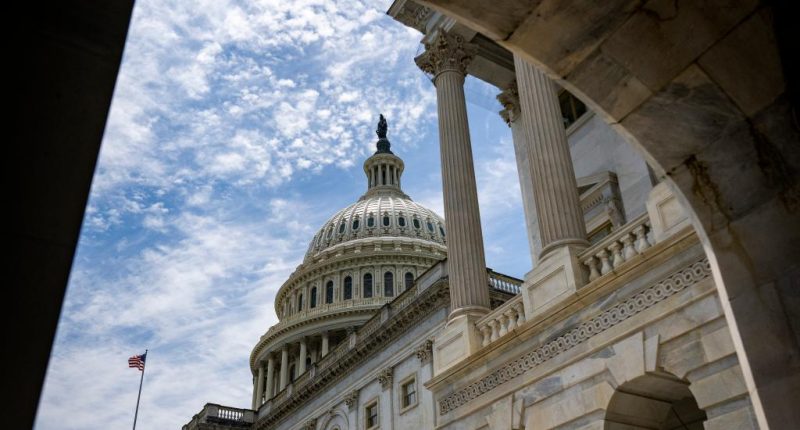Share this @internewscast.com

We’re not entirely sure that Senator Marsha Blackburn’s notable intervention will be sufficient to amend an obscure section of the One Big Beautiful Bill Act, which poses a threat to . . . The Post, among others.
This section is often referred to as “a 10-year halt on state regulation of Artificial Intelligence,” yet it appears to serve as a much more comprehensive safeguard for Big Tech — potentially shielding it from accountability for activities such as using content from the news industry without permission to train AI, or profiting from advertising using others’ content without consent.
Blackburn (R-Tenn.), with support from other Republicans in the House and Senate, has secured a compromise that 1) reduces these restrictions to a five-year period, and 2) explicitly excludes protections for child-sexual-abuse material, unauthorized usage of personal likenesses, and other deceitful actions.
Sounds good, but we’d suggest adding two more explicit provisions — each, notwithstanding any other language in the measure:
First, that this does not cover any tech in wide use as of, say, Jan. 1, 2024: Nothing gets “grandfathered in” under cover of protecting the nation’s lead in developing AI.
Second, that it does not grant any new criminal or civil immunity with regard to intellectual-property theft: Even if you’re using our stuff for AI research, we can still sue to make you pay.
We understand that 50 states each trying to set legal frameworks for AI development could block vital innovations with an ocean of red tape; that’s a legitimate worry.
But don’t give the tech industry carte blanche with a badly written law.
Plus, Congress likely does need to set out federal rules on AI research to stop abuses likely already under way in darker corners of the industry.
“Move fast and break things” is one popular tech slogan; lawmakers should take care they don’t license the industry to break us.
















